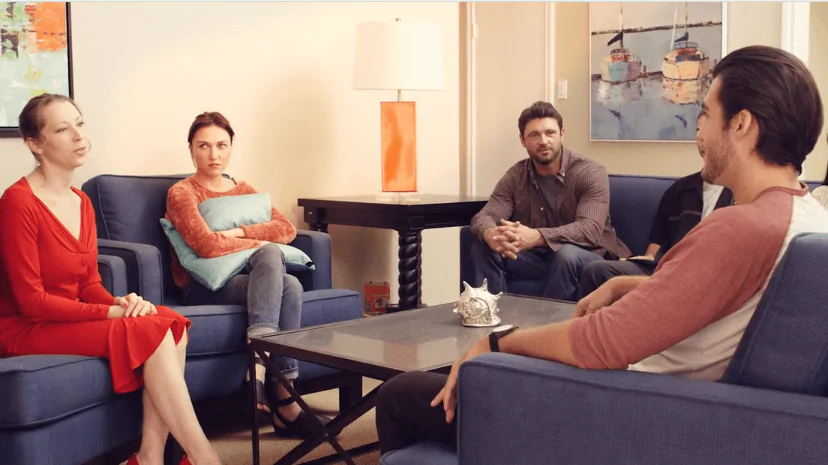24/7 Helpline:
(866) 899-111424/7 Helpline:
(866) 899-1114
Learn more about Bipolar Disorder Treatment centers in Bertrand
Bipolar Disorder Treatment in Other Cities




































South Central Behavioral Services
South Central Behavioral Services (SCBS) is a Community Behavioral Health agency providing mental he...









Other Insurance Options

AllWell

Humana

Access to Recovery (ATR) Voucher

Amerigroup

Health Choice

Magellan Health

UMR

Self-pay options

Providence

Health Net

BHS | Behavioral Health Systems

Magellan
Beacon

MHNNet Behavioral Health

Ambetter

American Behavioral

Highmark

MVP Healthcare

UnitedHealth Group

Medical Mutual of Ohio